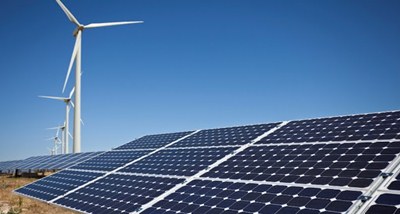India has achieved a significant milestone in the renewable energy sector, with the country’s solar power capacity reaching 72.02 GW, as confirmed by R. K. Singh, the Union Minister for New & Renewable Energy and Power, in written replies to inquiries in the Rajya Sabha on Tuesday.
State-wise data reveals a consistent increase in solar power capacity since 2019-20, with notable contributions from Gujarat, Karnataka, and Rajasthan. The surge in installations can be attributed to substantial investments from the private sector.
The northeastern states receive additional financial support for solar power projects through schemes like Rooftop Solar and PM-KUSUM. For the fiscal year 2023-24, the total budget allocation for solar energy is Rs 5,917.25 crore.
Under the PM-KUSUM Scheme, or Pradhan Mantri Kisan Urja Suraksha evam Utthaan Mahabhiyan, the focus is on ensuring energy security for farmers in India. This initiative aligns with India’s commitment to increasing the share of installed capacity of electric power from non-fossil-fuel sources to 40% by 2030 as part of the Intended Nationally Determined Contributions (INDCs).
The government is commitment to developing solar parks and ultra mega solar power projects, with a target of establishing at least 50 solar parks with a total capacity of 40,000 MW. As of October 31, 2023, approvals have been granted for 50 solar parks with a sanctioned capacity of 37,490 MW across 12 states. Out of these, 10,237 MW of solar projects have been commissioned in 18 solar parks.














